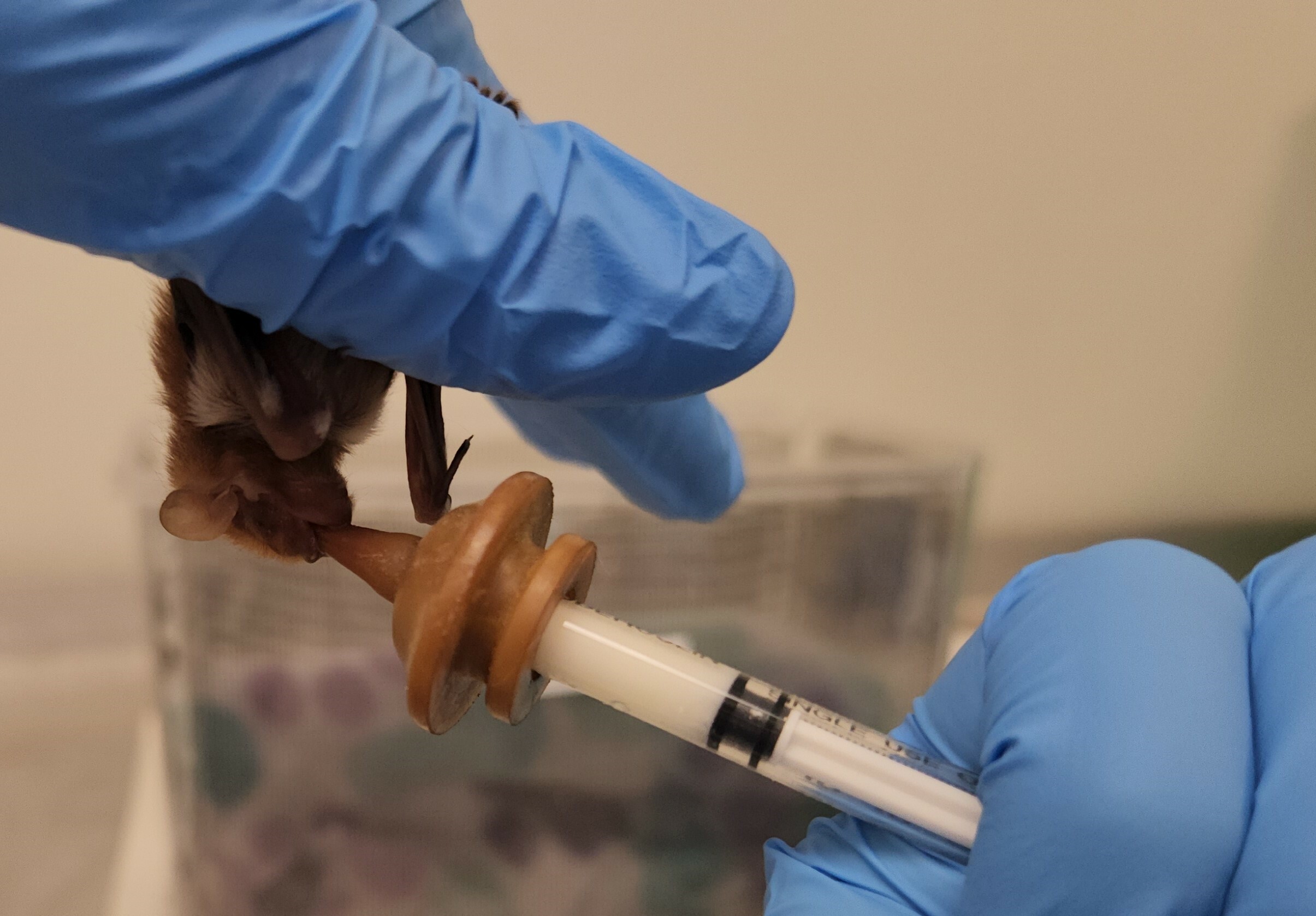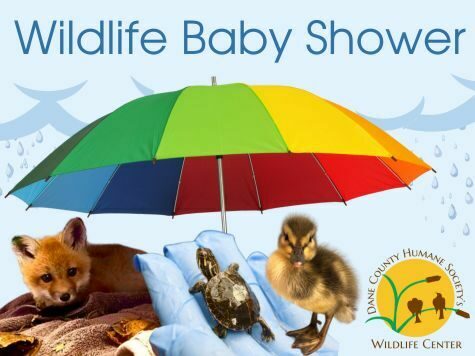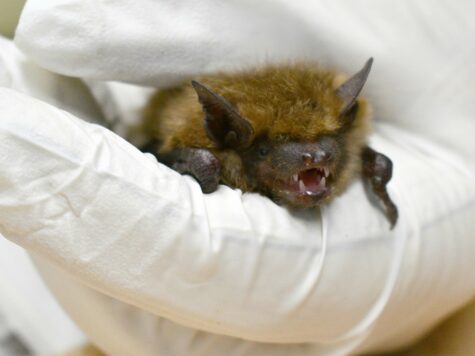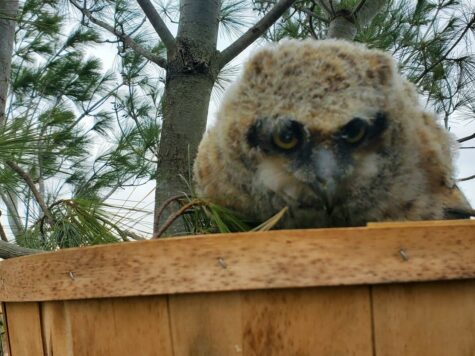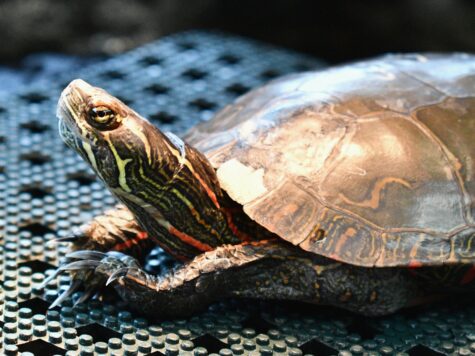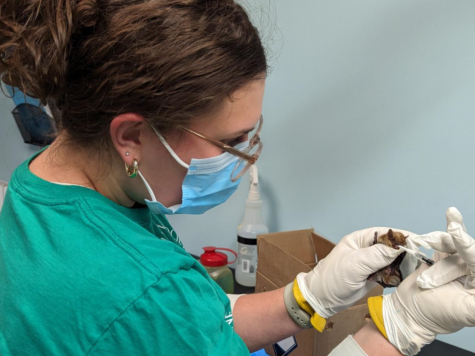At the start of the SARS-CoV-19 pandemic in 2020, all rehabilitation of bats, felids, and mustelids was banned by the Wisconsin Department of Natural Resources (WiDNR). This year, the WiDNR allowed rehabilitation to resume for these species, pending the approval of a biosecurity protocol from a licensed rehabilitator and their facility.
DCHS’s Wildlife Center worked diligently to meet the necessary standards to work with these species, and our program received approval in June 2023 to resume this critical work. We are so excited to be able to save more individuals. Instead of denying the public admissions when they found animals like bobcats or minks, we now can say “yes, we are here and an important community resource.”
The goal with any individual is to release them back into the wild population as healthy and successful individuals.
Written by Paige Pederson, Wildlife Operations Supervisor at DCHS's Wildlife Center
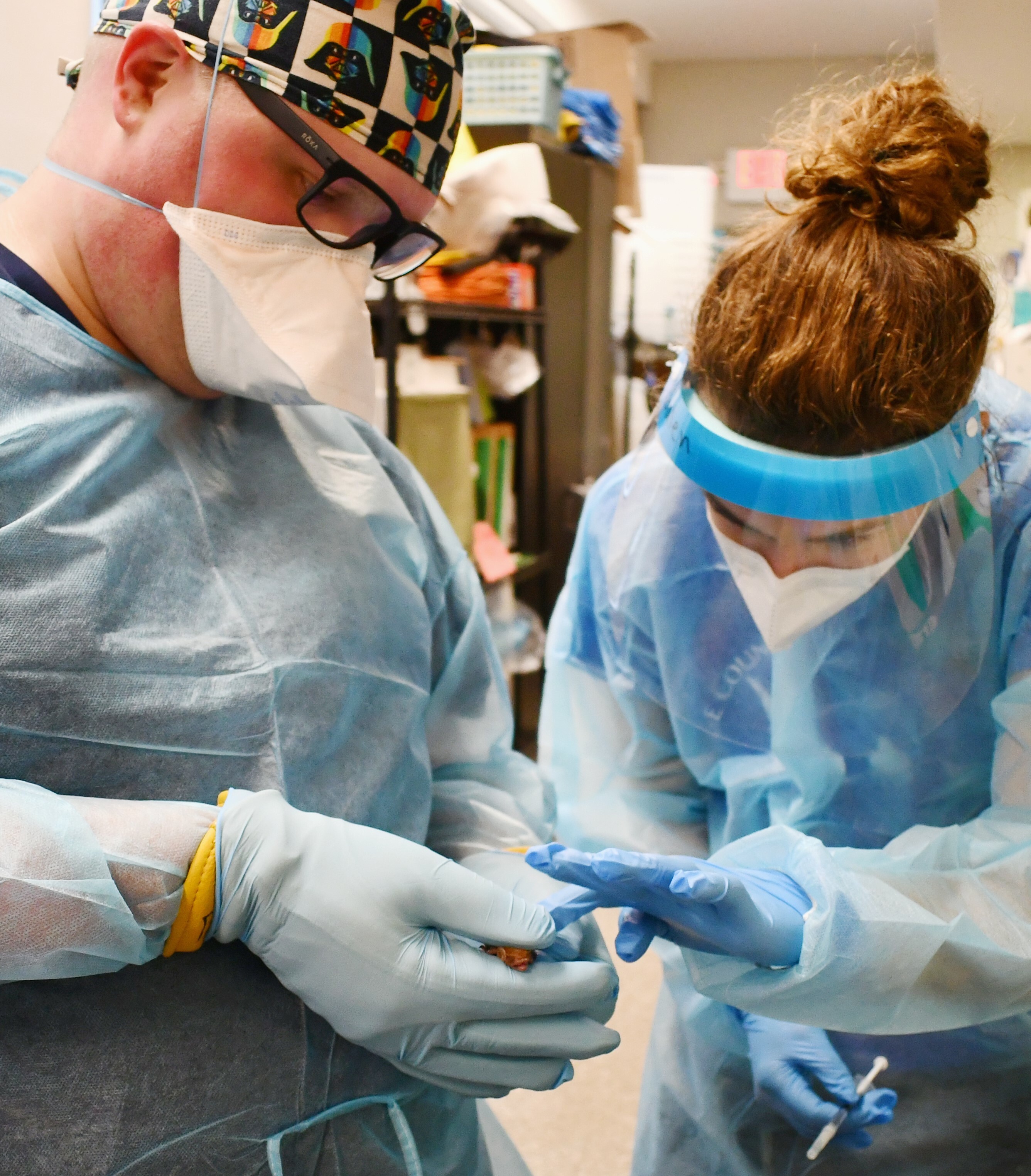
The first mammals to be triaged or rehabilitated at DCHS’s Wildlife Center after the ban was lifted and approval was granted were Eastern red bats. These bats are considered “foliage roosting” bats who do not live in caves but instead spend time in trees and migrate south for the winter.
Emily Temte, one of our seasonal staff of six years, helped a caller early last month return a mother bat and her three pups back into a tree that they had fallen out of. She told the story to our group of Sunday evening volunteers, after it was deemed a success, and taught us all about how the mom bats protect the babies who cling to her belly by lifting up the base of her tail to cover them. Photos from the finder clearly showed her tail bunching up her triplets, and all other evidence suggested that the mom and her pups were healthy. With expert advice, guidance, follow-up, and confirmation of the mother flying away with her pups, Emily helped save the lives of four Eastern red bats that day.
Next, we had another mom and a single pup admitted after falling to the floor of a finder's garage (patients #23-0826 and 0827). Staff suspects that the mother bat was trying to find a safe place to roost from the weather and then couldn’t hang on to the spot she had chosen. Animal Services Officer Tim Frank brought both bats to DCHS’s Wildlife Center where they could be medically evaluated. After that, they got to spend the night and get some much-needed rest.
Mom incurred only minor bruising to one of her wings, which was readily treatable, and the baby bat was happy and healthy – tucked up to her chest to suckle milk with extra protection from her tail. Both bats were released by this year’s Werndli Apprentice, Geneva Kinzer, and successfully flew away after being placed back into a tree close to the original rescue location.
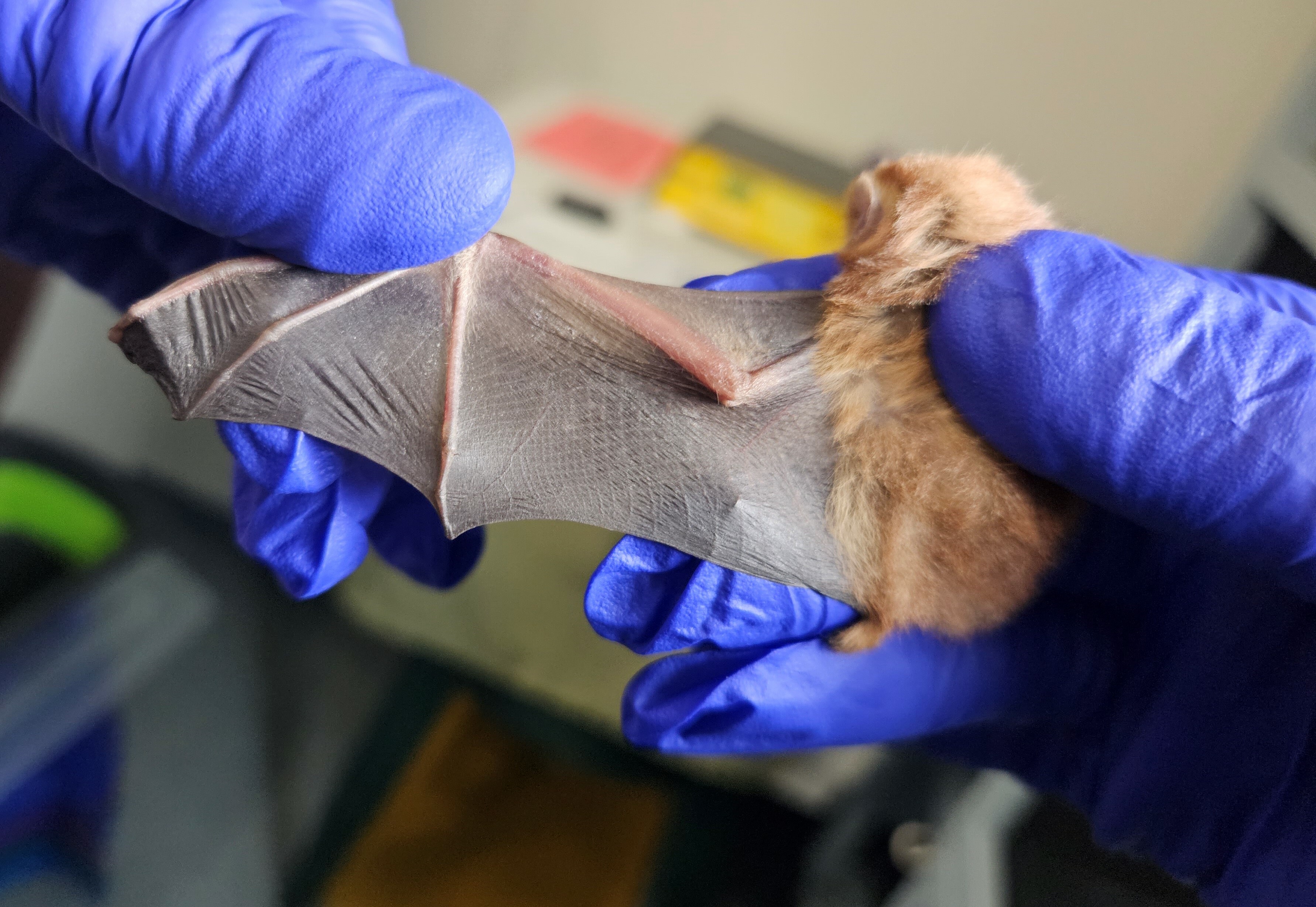
Most recently, an infant Eastern red bat (#23-0955) was admitted alone and injured without a parent. The bat was in the early stages of development and had incurred trauma to one of its wings. This bat is currently in care, being fed mock formula 6 to 7 times per day by licensed staff members. Their care also requires frequent grooming (as mom would do) and stimulation so that the bat can urinate and deficate (they can’t do it on their own yet). Every day, the baby bat grows stronger and eats more food.
It has been a great training opportunity for staff to refresh their mammal-feeding skills and to teach newer staff members the process of rehabilitating bats. Thanks to Paige Pederson, our Wildlife Operations Supervisor, we have excellent protocols created to standardize their care and are working hard to make this case a success.
